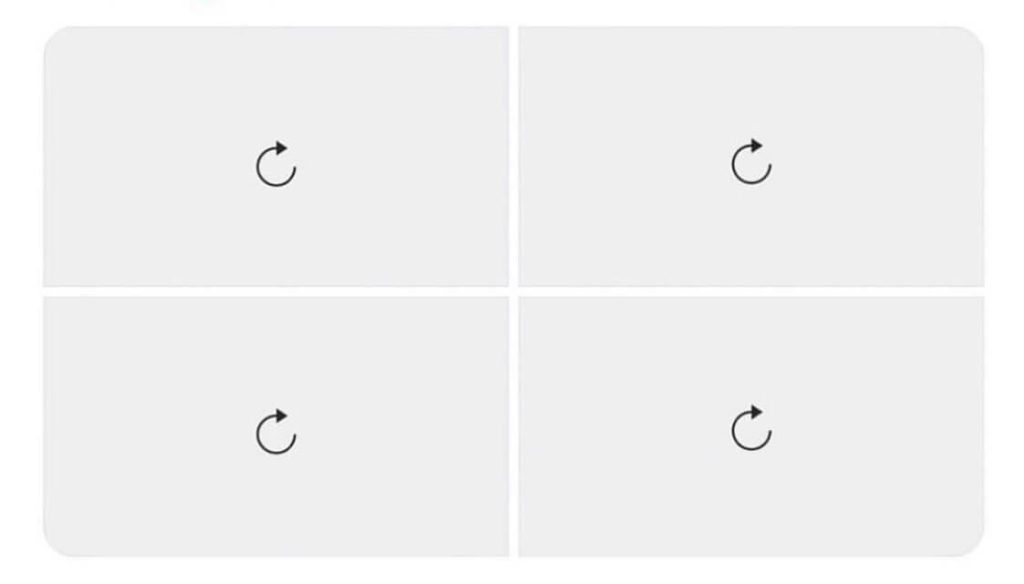
You probably remember the very recent social media outage that afflicted Instagram, WhatsApp, and Facebook users. Instead of loading images, the apps saw blank squares, some of which showed us how user photos are categorized by AI software. https://twitter.com/Quesoblanca/status/1146552279157346310 Why is this such a big deal and what does it have to do with me? It was just an outage, our data is tracked and sold all the time. It was definitely a creepy inconvenience for users as much as it was a very candid look into Facebook’s digital data operations. Sure, advertising is probably the most obvious and common use for social media data, but there’s more to take away from this than consumer data tracking. Qualifying more detailed data means more intimate insights that can be used for just about anything. And it’s just the beginning of the new data analytics.
Literally everything is data
Facebook users probably noticed that the platform has been routinely checking photos and suggesting who should be tagged for a few years now. It’s not magic and it’s more than just the complex AI coding that categorizes our photos. We saw Facebook’s algorithmic output as basic descriptions like “Image may contain: 2 people, sky and outdoor” (that aren’t very exciting). We are able to paint better data landscapes and stories with more data. This won’t ease your mind about big corporations gleaning our personal data, but it does mean that other organizations will be able to utilize more data than before. And better insights further transform the world.
Applying the new data
What does any of this have to do with businesses that aren’t Facebook? Well, the complexities of data collection and analysis only continue to evolve so it’s imperative we stay up to date on . Being able to collect data via photos is evidence of that. Forgetting the ethical quandaries of Facebook for a moment, imagine auto-generated data as a part of your business. A unique algorithm identifies specified data points, organizes the data by set parameters, and then gives you a data set ready for analysis. More data leads to better insights and we don’t have tell you twice how crucial good data is to better decisions. Can this revelation only be applied to social media? Of course not. Facebook likely uses photo data to refine user profiles to such a degree that they probably know more about us than we imagine, but the ability to automate non-numerical data can be utilized in most industries you can think of (you’ll just need the analytic and visualization skills to support it).
The future of data in business
You can’t rely on the same types of data forever. Markets change, trends die, and new tech emerges, so you have to adapt effective analytic practices to match that. The real question is, are you capable of developing and utilizing all that data?
